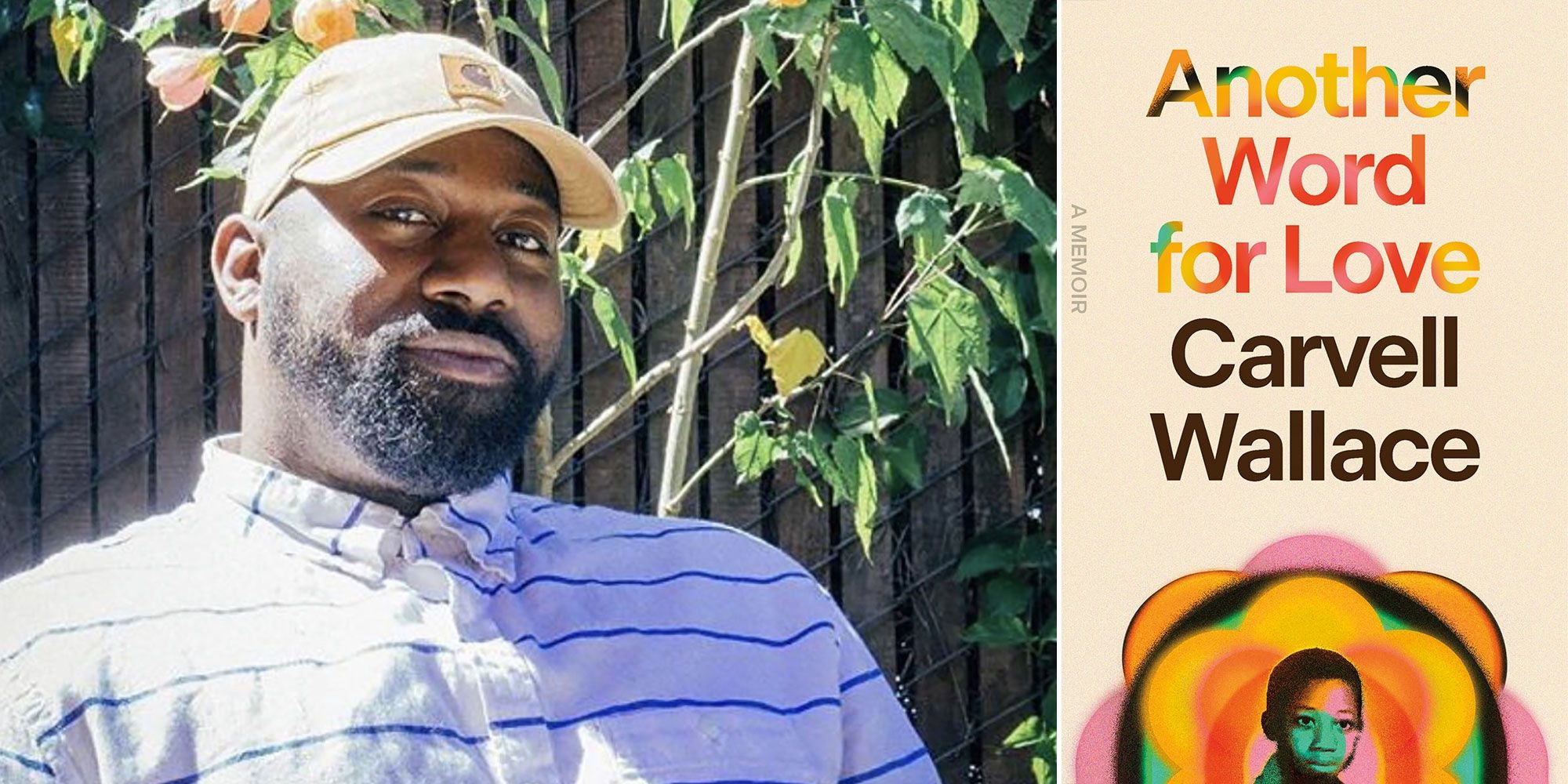
Carvell Wallace on What Writing Taught Him About His Life
In Conversation with Mitzi Rapkin on the First Draft Podcast
First Draft: A Dialogue of Writing is a weekly show featuring in-depth interviews with fiction, nonfiction, essay writers, and poets, highlighting the voices of writers as they discuss their work, their craft, and the literary arts. Hosted by Mitzi Rapkin, First Draft celebrates creative writing and the individuals who are dedicated to bringing their carefully chosen words to print as well as the impact writers have on the world we live in.
In this episode, Mitzi talks to Carvell Wallace about his new memoir, Another Word for Love.
Subscribe and download the episode, wherever you get your podcasts!
From the episode:
Mitzi Rapkin: Even though you have lived all these stories, did writing it teach you anything about your own life that you didn’t understand before?
Carvell Wallace: Yes, a lot, like a whole lot, because like you said, you live stuff, but you don’t know what the hell it all means as it’s happening, and I think it changed my understanding of myself a lot. It gave me, first of all, a lot of compassion for myself, and it just made me regard my childhood in a way where I was like, Oh, I can see that this kid actually did the best he could. You know, I think I say somewhere in the book, you don’t know that you thought something is true until the moment you find out it’s not. I think this is one of those things where I didn’t know that I thought this, but I did think that I had messed up by being who I was, like, I had screwed up somehow. And just by mere fact of, my life, I thought I was a fuckup. And I think, looking at this whole thing externally made me realize, Oh, I don’t think that that’s true about this kid in particular. I think that this person did the best they could under the circumstances. And if I were hearing this about someone else, I would I still hesitate to say this because I’m pretty hard on myself, but I would say, you know, you did nothing wrong, you did the best you could given the circumstances that you had. And I feel like it was much easier to extend that grace to other people but has been hard for me to extend it to myself. You know, I’m into dismantling all kinds of forms of bullshit, and I think that the “I’m hard on myself’ trope, I also thought well, on some level, I was like, Well, that’s because I have high standards and I’m such a great person that I like, judging myself harshly. But that’s not what it is. It actually is kind of just a self-centered, sort of morbid self-reflection, that posits that you’re somehow uniquely terrible like you’re like this piece of shit, but somehow at the center of the universe, and everyone agrees that you’re this terrible person. But I think I was able to put my life in context. Like I did some things well, there are some other things that I wish I hadn’t done the way I did them. And yet, that was the best I knew at the time. And my recovery from those things is absolutely important because it allows me to be in relationship with the world. So, the recovery is mandatory, but a really big part of that recovery is letting go of all hope for a better past. So, I think that’s how the book has helped me regard my life differently than maybe I did before I started writing.
***
Carvell Wallace is a New York Times Bestselling author, memoirist, and award-winning podcaster who covers race, arts, culture, film and music for a wide variety of news outlets. His work has appeared in The New York Times Magazine, Esquire, the New Yorker and other publications. He co-wrote the nonfiction book The Sixth Man. His podcast Closer Than They Appear explored race and identity in America and his podcast Finding Fred was nominated for a Peabody Award. His new memoir is called Another Word for Love
First Draft: A Dialogue on Writing
First Draft: A Dialogue on Writing is a literary podcast produced and hosted by Mitzi Rapkin. Each episode features an in-depth interview with a fiction, non-fiction, essay, or poetry writer. The show is equal parts investigation into the craft of writing and conversation about the topics of an author’s work.



















